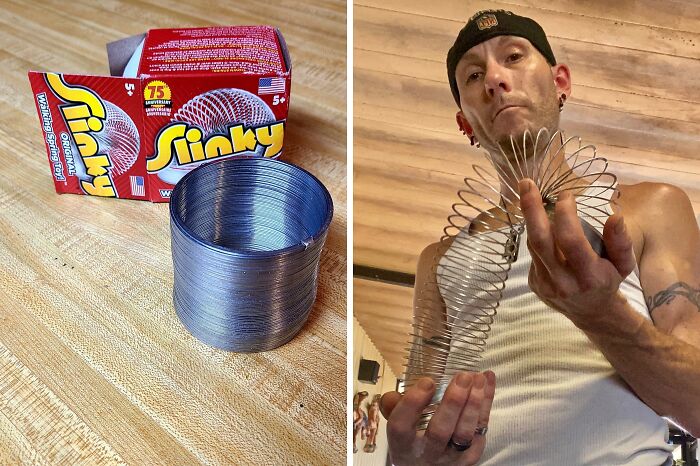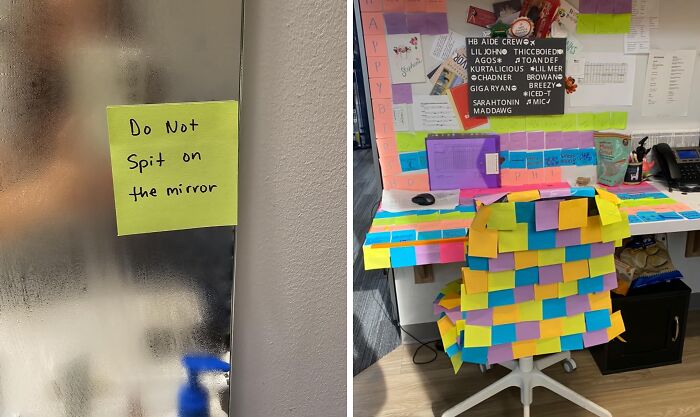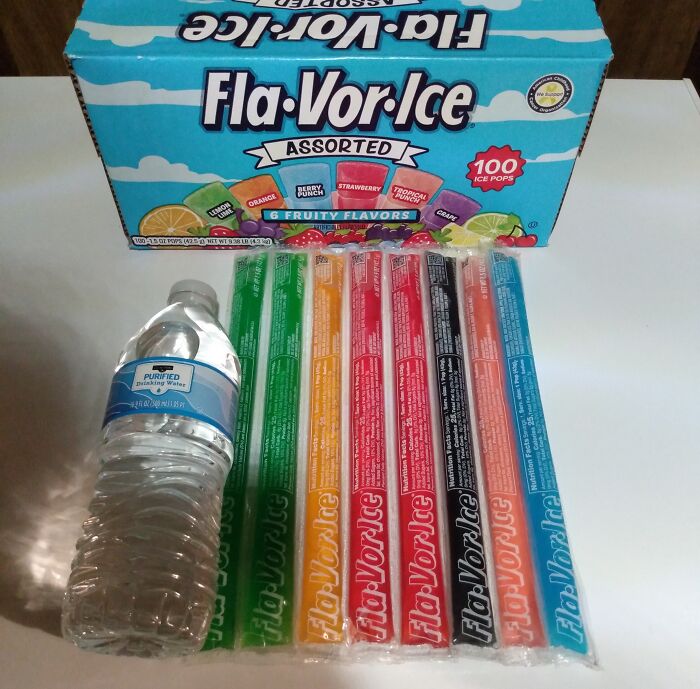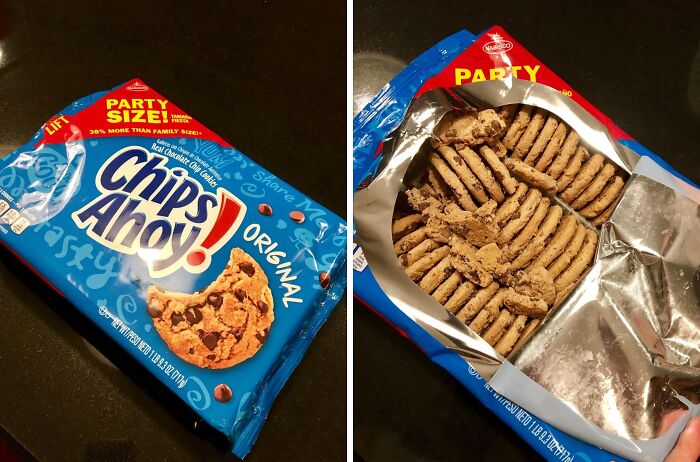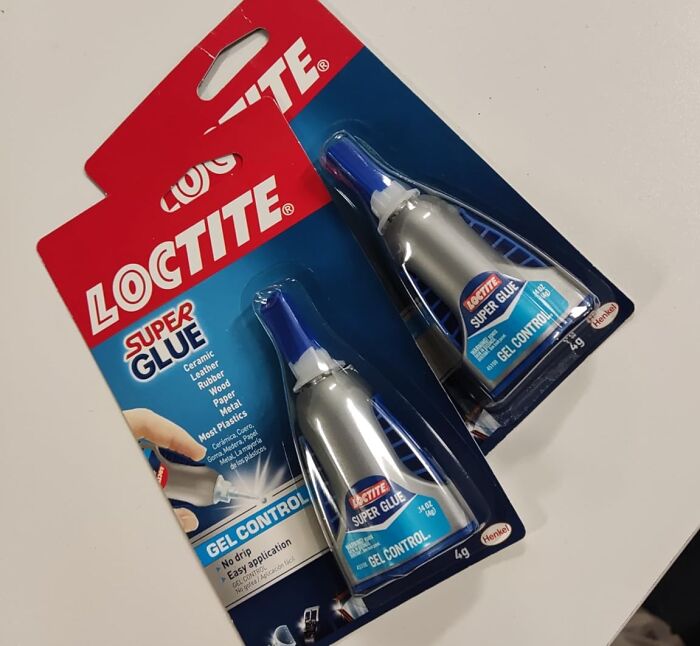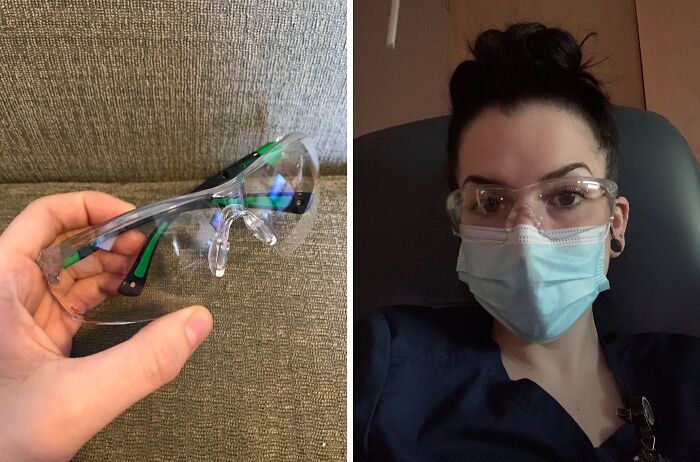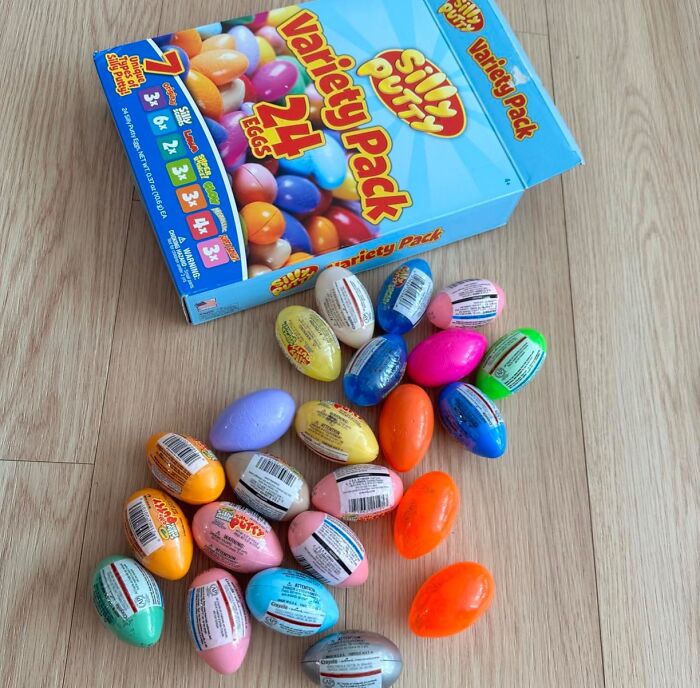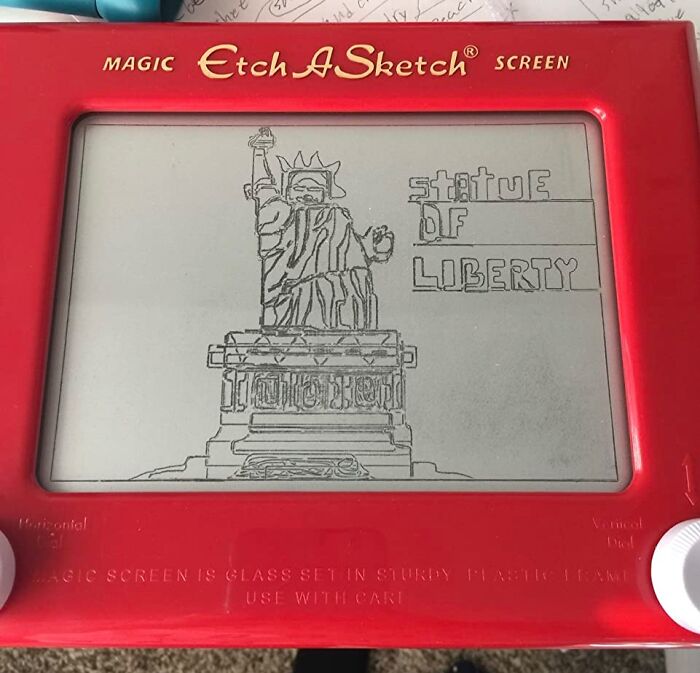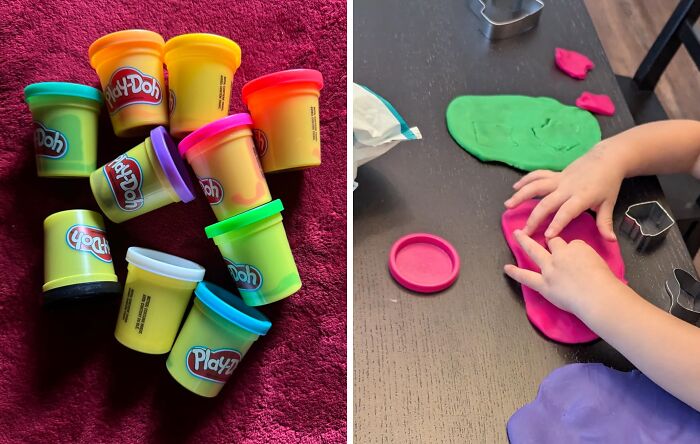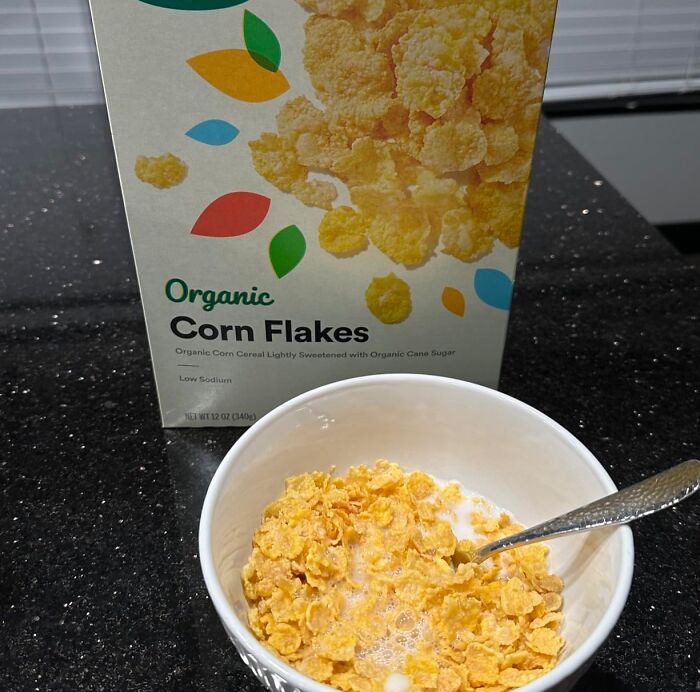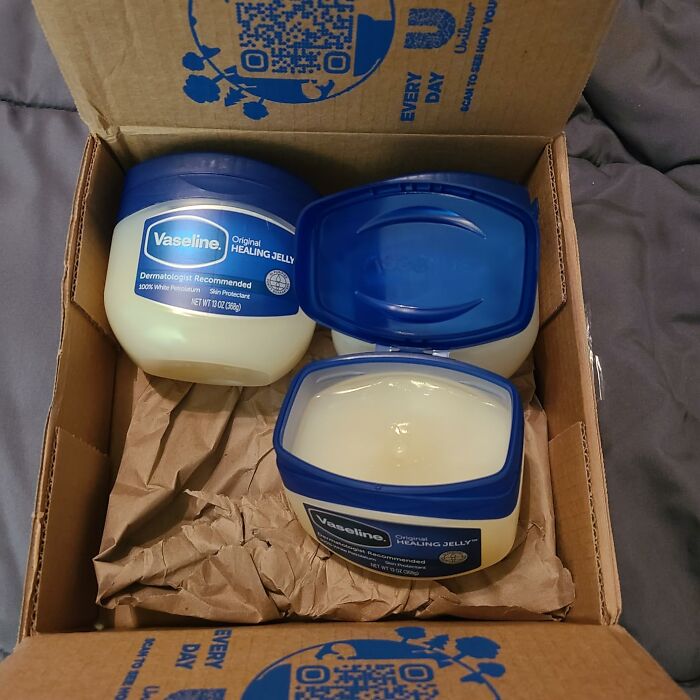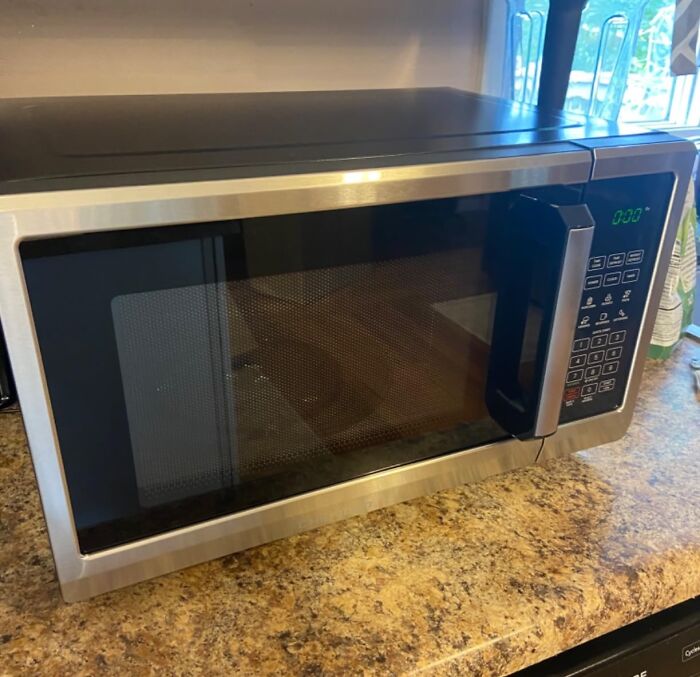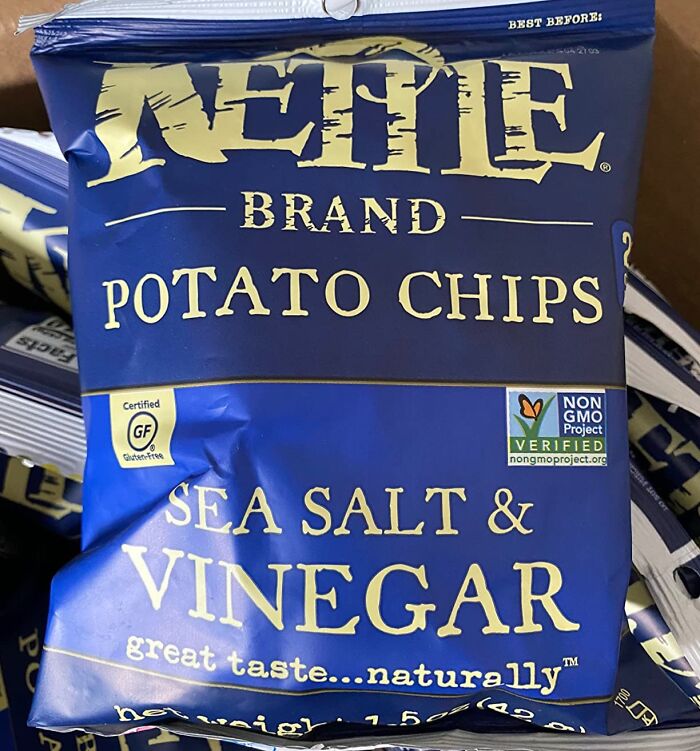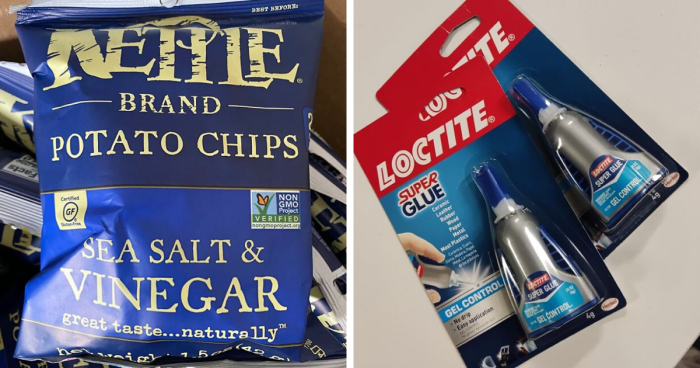
Sometimes, The Universe Has A Sense of Humor: 14 Accidental Discoveries That Shaped History
They say that necessity is the mother of invention, but sometimes, it's pure dumb luck that leads to the most groundbreaking discoveries. From sticky notes to penicillin, many of the things we take for granted today were actually born out of happy accidents and unexpected mishaps.
So, get ready to be surprised and delighted as we delve into the world of accidental inventions. We'll explore 14 instances where a simple mistake, a curious observation, or a stroke of serendipity led to some of the most ingenious creations in history. Who knows, maybe your next kitchen mishap will lead to the next big thing!
This post may include affiliate links.
During World War II, engineer Richard James was working on a serious mission: creating springs to stabilize sensitive equipment on naval ships. But fate had other plans. When one of his experimental springs tumbled off a table, it didn't simply fall; it gracefully "walked" its way down, coiling and uncoiling in a mesmerizing dance. James's wife, Betty, saw the potential for a toy, and the iconic Slinky was born.
Very intense dude with the slinky. Can't tell if he's flipping me off or not. lol
In the labs of 3M, Dr. Spencer Silver stumbled upon a "weak" adhesive that wouldn't fully bond to surfaces. Years later, his colleague Art Fry had a lightbulb moment: a bookmark that could stick and unstick without damaging pages.
This serendipitous pairing of invention and application led to the birth of the iconic Post-it Note, revolutionizing how we organize, communicate, and leave passive-aggressive reminders.
Popsicles Were Born From A Young Boy's Frozen Soda Surprise
The popsicle's origin story is as refreshing as the treat itself. In 1905, an 11-year-old boy named Frank Epperson accidentally left a glass of soda powder and water with a stirring stick on his porch overnight during a particularly cold San Francisco winter. The next morning, he discovered the mixture had frozen solid around the stick, creating a delicious and refreshing treat.
Epperson initially called his invention the "Epsicle," but later changed it to "popsicle" after children began referring to it as "Pop's 'sicle." The accidental creation of the popsicle not only brought joy to countless children but also cemented its place as a beloved summertime staple enjoyed by people of all ages around the world.
In 1930, at the Toll House Inn, a simple act of resourcefulness led to a culinary revolution. Faced with a shortage of baker's chocolate, Ruth Graves Wakefield improvised by chopping up a Nestle semi-sweet chocolate bar and adding it to her cookie dough.
To her surprise, the chocolate didn't melt entirely, but instead created delightful pockets of gooey goodness within the cookies. This happy accident marked the birth of the iconic chocolate chip cookie, a timeless treat that continues to satisfy sweet tooths around the world.
Were the cookies better then? Because they're total c**p now and have been for a really long time.
Surprised yet? Some of these items' origin stories are so wild, you will maybe wish you were a little more clumsy to have your own wild invention! Get ready to discover even more instances where a little bit of luck and a whole lot of ingenuity led to groundbreaking discoveries that changed the world.
During World War II, Dr. Harry Coover, a researcher at Eastman Kodak, was tasked with developing a clear plastic for gun sights. While experimenting with a class of chemicals called cyanoacrylates, he stumbled upon a frustratingly sticky substance that bonded to everything it touched.
Initially, Coover dismissed the discovery as a failed experiment. However, years later, while working on another project, he rediscovered the adhesive's remarkable ability to bond objects instantly and permanently without the need for heat or pressure.
This time, Coover recognized the potential of his "happy accident," and Super Glue was born.
And the fumes are used for raising fingerprints on items for forensic purposes.
Coca-Cola
In the late 19th century, Coca-Cola was initially concocted as a medicinal elixir, boasting a blend of wine, coca leaves, and kola nuts. However, the looming threat of Prohibition forced its inventor, John Pemberton, to replace the wine with sugar syrup.
A serendipitous mistake occurred when Pemberton and his colleague, Willis Venable, accidentally mixed the syrup with carbonated water, creating a refreshing and bubbly concoction. This accidental twist of fate led to the birth of Coca-Cola as a soft drink, paving the way for its global domination as one of the most recognized and beloved beverages in history.
In 1903, a moment of clumsiness in a laboratory led to a groundbreaking discovery. Scientist Edward Benedictus accidentally knocked over a flask, only to find that it didn't shatter as expected. The flask, coated with cellulose nitrate, had cracked but retained its shape.
This serendipitous observation sparked the invention of safety glass, a material that revolutionized the automotive industry and countless other applications, making our world a safer place.
During World War II, engineer James Wright was on a mission to create a synthetic rubber substitute. In a serendipitous twist, he accidentally mixed boric acid with silicone oil, resulting in a stretchy, bouncy substance that could even lift images from newspapers.
Initially dismissed as "nutty putty," this accidental creation eventually found its way into the hands of businessman Peter Hodgson, who recognized its playful potential and transformed it into the beloved childhood toy we know today, Silly Putty!
Also known as kneaded erasers for art applications.
And finally, let's kick things into overdrive with even more examples of how even the most unexpected accidents lead to brilliant breakthroughs. These stories are a testament to the power of curiosity, observation, and a willingness to embrace the unexpected.
In the 1950s, French electrician André Cassagnes stumbled upon a captivating phenomenon while working on a light switch plate. He noticed that aluminum powder clinging to the plate created intriguing designs when he drew through it with a pencil.
Inspired by this serendipitous discovery, Cassagnes embarked on a journey to create a toy that would capture this magic. His invention, initially called the "Magic Screen," eventually became the beloved Etch A Sketch, captivating generations of children with its unique drawing mechanism and endless creative possibilities.
Kutol Products, once a leading manufacturer of wallpaper cleaner, faced a decline in sales as coal heating became obsolete. However, a serendipitous suggestion from a nursery school teacher, who happened to be the sister-in-law of one of the company heads, breathed new life into the product.
The non-toxic putty, originally designed for cleaning walls, proved to be a hit with her students, sparking the idea to rebrand it as a children's modeling compound. Thus, Play-Doh was born, transforming from a cleaning solution to a beloved childhood staple that continues to inspire creativity and imagination in generations of kids.
In 1894, at the Battle Creek Sanitarium, a happy accident led to the birth of a beloved breakfast staple. While experimenting with wholesome vegetarian foods, Will Keith Kellogg inadvertently left boiled wheat to go stale. Instead of discarding it, he baked the flaky grains, creating a surprisingly delightful crunch.
This unexpected discovery sparked a series of experiments with other grains, ultimately leading to the iconic corn flake recipe we know today. The rest, as they say, is history, with the Kellogg’s company founded in 1906 to share this accidental creation with the world.
He invented them because he thought bland food stopped people from whacking it
In 1859, chemist Robert Chesebrough stumbled upon a curious substance called "rod wax" while visiting an oil well. Intrigued by the oil workers' use of this gooey byproduct to soothe burns, Chesebrough took samples back to his lab and embarked on a decade-long journey of experimentation and refinement.
His dedication led to the creation of Vaseline, a petroleum jelly that quickly became a household staple, renowned for its healing and moisturizing properties. From its humble beginnings as a byproduct of the oil industry to its widespread use in medicine cabinets and beauty routines around the world, Vaseline's story is a testament to the power of curiosity and the unexpected benefits of scientific exploration.
That reminds me of a joke. A woman was doing surveys and asked another woman if they used Vaseline in the bedroom. The woman blushed and said yes, we put it on the door handle so junior can't open the door while we're making love.....
The microwave oven, a kitchen essential today, owes its existence to a curious incident in 1946. Percy Spencer, an engineer working with radar technology, noticed a candy bar in his pocket melting while he was near a magnetron.
This unexpected observation led him to experiment with popcorn, which promptly popped, revealing the potential of microwaves for cooking. While the first microwaves were bulky and expensive, the technology quickly evolved, making them a common appliance in kitchens around the world.
In 1853, a disgruntled diner at Moon's Lake House in Saratoga Springs, New York, unknowingly sparked a culinary revolution. Chef George Crum, responding to a complaint about soggy fries, decided to slice the potatoes paper-thin and fry them to a crisp.
The result? A deliciously crunchy and addictive snack that quickly became a sensation, forever changing the snacking landscape. Can we give it up for potato chips?

 Dark Mode
Dark Mode 

 No fees, cancel anytime
No fees, cancel anytime 






